2002-2012 : First Steps Of Decentralisation
- Par Emmanuel
- 18 May 2022 11:09
- 0 Likes
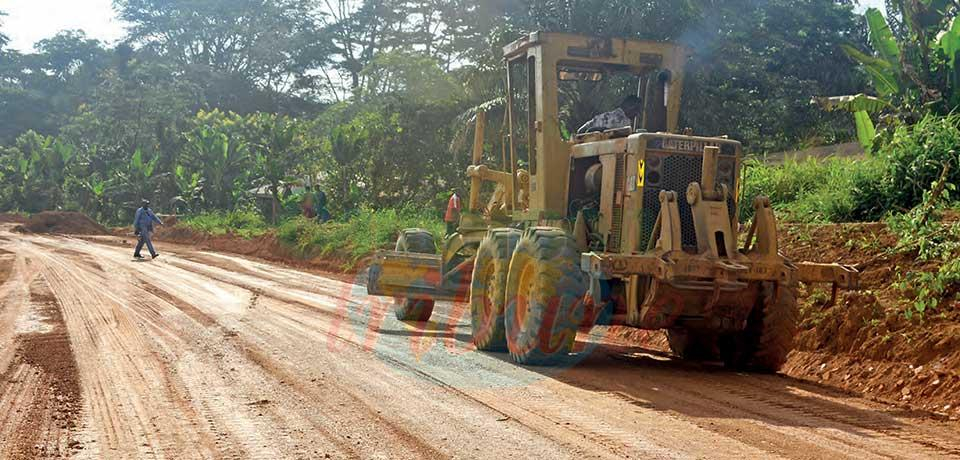
This period was characterised by passing decentralisation laws, deepening of the democratic process and Cameroon’s recovery of the Bakassi Peninsula from Nigeria.
Law No.96-6 of 18 January 1996 to amend the Constitution of 2 June, 1972 in Section 1 (2) stated that the “Republic of Cameroon shall be a decentralised unitary State.” It further specified in Section 55 (1) “Regional and local authorities of the Republic shall comprise Regions and Councils.”
Decentralisation enshrined in the Constitution of January 1996 started taking road in 2004 with a series of laws passed. The National Assembly during the June 2004 ordinary session studied and adopted three government bills intended to make the decentralisation policy a concrete reality in Cameroon. After their adoption in the National Assembly, the President of the Republic passed Law No. 2004/017 of 22 July 2004 on the orientation of decentralisation. The law stated rules applicable to decentralisation, defined decentralisation as the transfer by the State to Regional and Local Authorities specific powers and resources and further stated that decentralisation structures are Regions and Councils. The same day the President of the Republic also passed the Law No. 2004/018 of 22 July 2004 to lay down rules applicable to Councils and Law No.2004/019 of 22 July 2004 to lay down rules applicable to Regions.
Government opted for the progressive implementation of the decentralisation process, starting effectively with City, Subdivisional and Councils that were already existing and functioning. Even without the Regions being put in place, Law No. 2009/011 of July 2009 to lay down the financial regime of Regional and Local Authorities was passed. After that, governed intensified measures intended to make local authorities more functional. In this light, there was Order No. 00136/A/MINATD/DCTD of 24 August 2009 to legally enforce the standard list of council jobs. This concerned organisational charts and corresponding the positions to be filled in the services of the various councils. With the legal framework in place, the State started effective transfer of specific powers and corresponding resources to councils in 2010.
Besides the laying of the solid foundation for effective decentralisation in Cameroon, the period 2002 to 2012 was also marked by the deepening of the democratic process in t...
Cet article complet est réservé aux abonnés
Déjà abonné ? Identifiez-vous >
Accédez en illimité à Cameroon Tribune Digital à partir de 26250 FCFA
Je M'abonne1 minute suffit pour vous abonner à Cameroon Tribune Digital !
- Votre numéro spécial cameroon-tribune en version numérique
- Des encarts
- Des appels d'offres exclusives
- D'avant-première (accès 24h avant la publication)
- Des éditions consultables sur tous supports (smartphone, tablettes, PC)






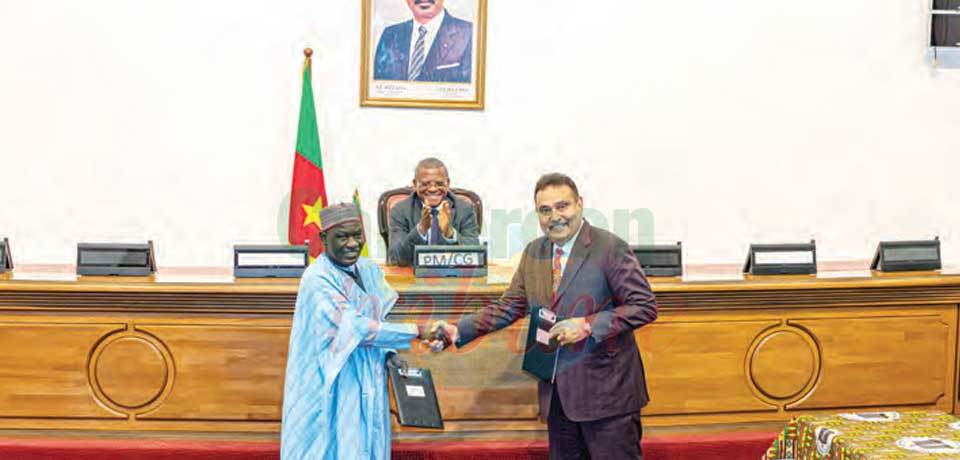
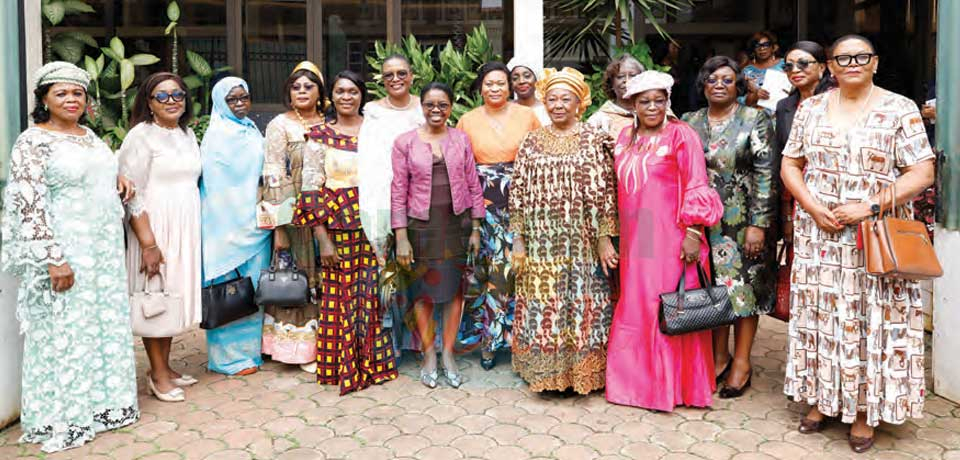
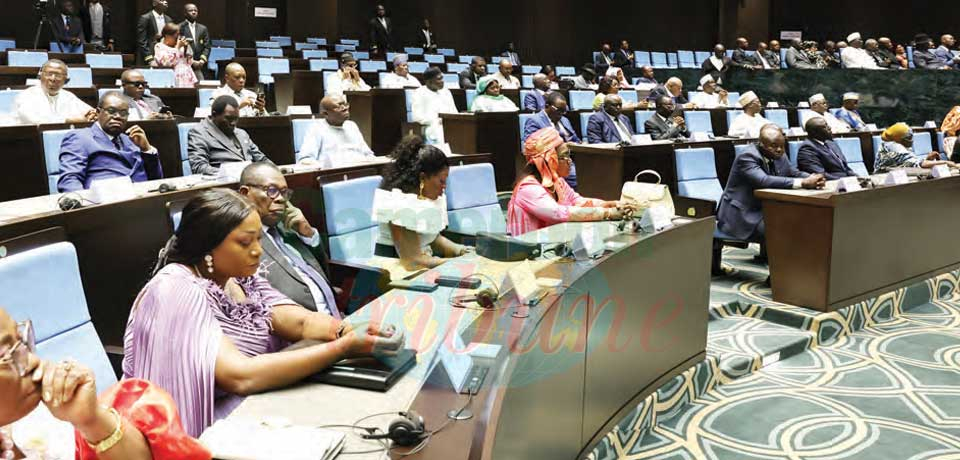
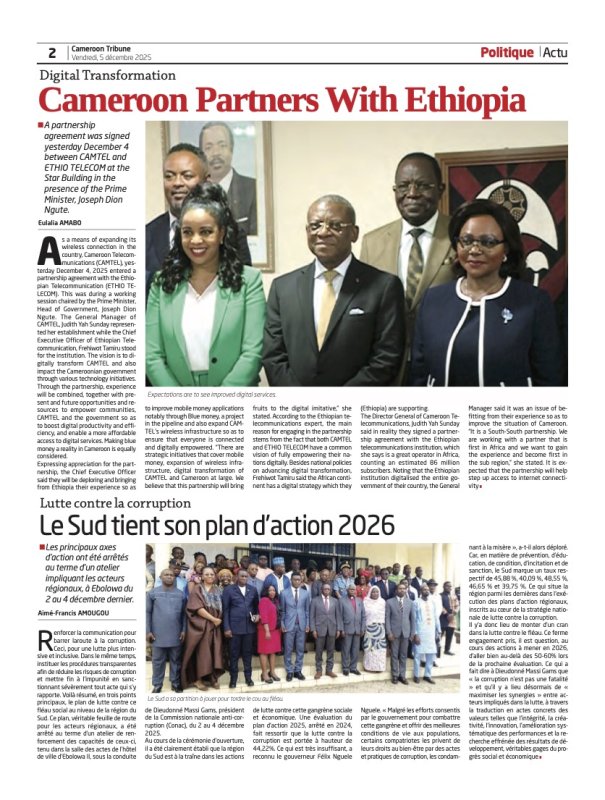




Commentaires